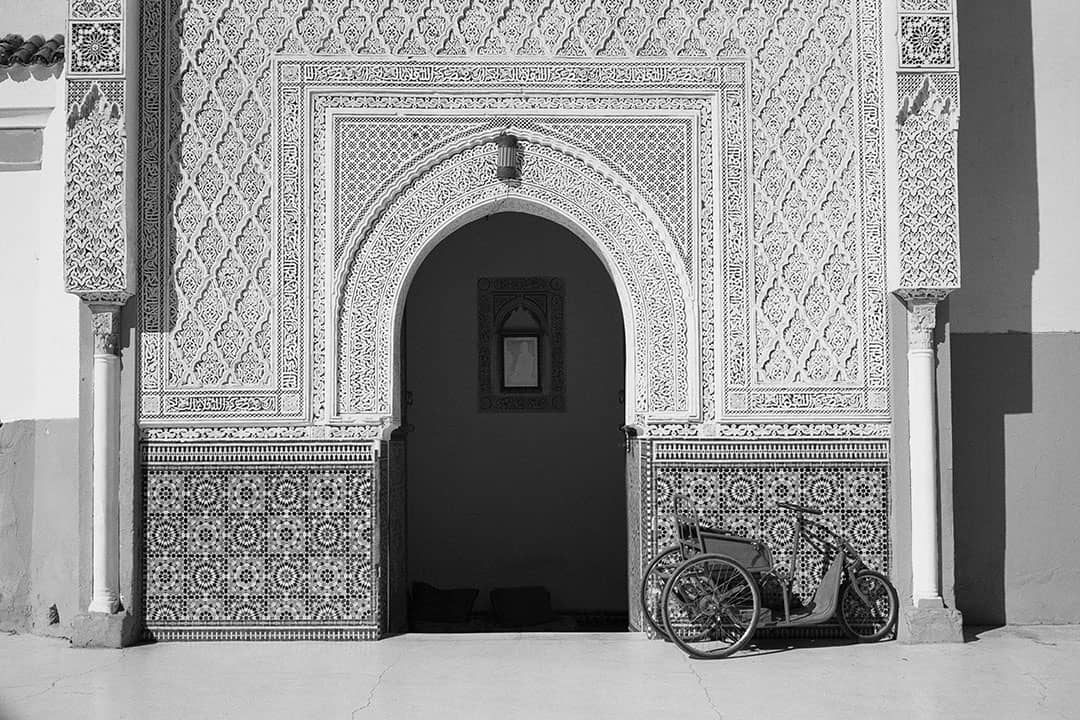Cultural roles can be formed through cultural expectations.
Without a doubt, culture plays an important role in our lives and shapes the roles we try to play in life. Different cultures can impose different expectations…
What does your culture expect of you?

Perhaps it is an arranged marriage (which is different to forced marriages, however some cultures do also encourage forced arrangements) or getting straight A’s or being meek to the point of having no/little awareness of one’s rights. As Muslims, we should understand that many times what is cultural does not always have a basis in Islam either, or even beneficial for this life or the aakhirah (afterlife).
No matter what our background or ethnicity, our culture or mixture of cultures can strongly influence our beliefs, especially about mental illness and our attitudes towards the mentally ill.
Some of the ways culture impacts mental health includes:
- Importance of social status: Many cultures place a high value on social status and reputation. For example, in many Asian and Arab countries, the concept of “face”, or public embarrassment, is extremely important. People will go to great lengths to save “face”. A mental health issue may be viewed as a public embarrassment that could damage reputations. As such, those suffering and their families are less likely to seek help.
- Gender roles: Most cultures discourage men from exhibiting physical or mental weakness. Extensive public health campaigns in many Western countries have encouraged more men to seek medical help but many remain resistant, especially those from more male-dominated cultures.
- Attitudes towards medicine: Not every culture accepts or trusts Western medical practices and instead prefers to treat any illness with traditional or homeopathic approaches. Others may not consider mental illnesses to be medical issues and instead, believe it is all caused by a lack of emotional harmony, faith or evil spirits.

- Age: Younger people of all cultures, religions and ethnicities living in Western countries are more likely to seek help for mental issues. Older people, especially those who have emigrated from very different cultures, will be less likely to change their attitudes or behaviours. This generational clash of values and priorities can lead to increased stress and risk of anxiety or mood disorders for younger people – especially those living in Western countries. Many cultures require young adults to make decisions that will enable them to care for their parents rather than following their own path or prioritising their own needs.
- Lack of access to care: Many people do not have workplace health programs and supplemental benefits. Others may have no access to any medical care — especially undocumented workers or visiting family members.

- Lack of mental health specialists: Stigma associated with mental disorders can result in fewer people choosing to work in the mental health field. Studies involving medical students in Colombia (Pailhez, Bulbena, López, & Balon, 2010), Saudi Arabia (El-Gilany, Amr, & Iqbal, 2010), and Spain (Pailhez et al., 2010), and medical residents in Romania (Voinescu, Szentagotai, & Coogan, 2010), published in a special collection recently demonstrated the negative attitudes that exist towards the medical specialism of psychiatry. For example, 82% of the Saudi Arabian students and 52% of the Romanian students in these survey projects endorsed the statement that ‘if a student expresses interest in psychiatry, he or she risks being seen by others as odd, peculiar, or neurotic’. Large proportions of students had been actively discouraged by their teachers, family members, friends, and fellow students from going into psychiatry.
- Religious beliefs and spirituality: Those of faith and practicing, living in Western countries are often hesitant to seek help from mental health professionals because they feel there is a lack of understanding about, and respect for, their religious beliefs. This also emphasises the need for cross-cultural psychiatry.

Family members and friends also play important roles in helping people cope with, manage and recover from illness – physical or mental. However, the stigma that still surrounds mental illness prevents many from seeking help and support, especially from those closest to them. Shame, embarrassment, lack of understanding and the fear of discrimination and rejection are just some of the barriers preventing diagnosis and effective treatment as well as family and community support.
Fortunately, one of the advantages of a multicultural society is a younger generation that is more informed, and more open to change bi’ithnillah (with the permission of Allah).
What is something you wish to change from your culture’s expectations?
Check out content revolving around culture, Islam and mental health from our website here.




